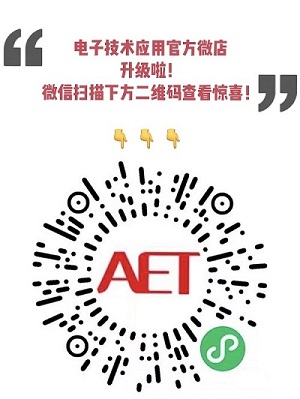论我国个人信息删除权的双重限制模式
网络安全与数据治理 8期
马瑞聪
(中国政法大学民商经济法学院,北京100091)
摘要: 在信息主体与信息处理者的利益衡平中,信息主体的删除权存在限制不足的问题。当删除权的行使与公众知情权、言论自由等公共利益发生冲突,或与信息处理者的利益损失显著失衡时,我国删除权的限制规则存在规范供给不足的问题。我国删除权的限制规则采双重限制模式,其中删除权的形成限制以比例原则为指引,删除权的行使限制以禁止权利滥用原则为指引。通过借鉴GDPR和BDSG中的删除权限制规则,运用解释和类推适用的方法对我国删除权的限制规则进行完善。
中图分类号:D923.8
文献标识码:A
DOI:10.19358/j.issn.2097-1788.2023.08.005
引用格式:马瑞聪.论我国个人信息删除权的双重限制模式[J].网络安全与数据治理,2023,42(8):28-33.
文献标识码:A
DOI:10.19358/j.issn.2097-1788.2023.08.005
引用格式:马瑞聪.论我国个人信息删除权的双重限制模式[J].网络安全与数据治理,2023,42(8):28-33.
The dual restriction model of the right to erasure in China
Ma Ruicong
(Civil, Commercial and Economic Law School, China University of Political Science and Law, Beijing 100091, China)
Abstract: In the balance of interests between information subjects and information processors, there are insufficient restrictions on the right of information subjects to delete. When the exercise of the right to delete conflicts with public interests such as the public′s right to know and freedom of speech, or is significantly out of balance with the loss of interests of information processors, China′s restriction rules for the right to delete have the problem of insufficient regulation and supply. China′s restriction rules on the right to delete adopt a dual restriction model, in which the formation and restriction of the right to delete is guided by the principle of proportionality, and the exercise of the right to delete is guided by the principle of prohibition of abuse of rights. By drawing on the rules on the restriction of the right to delete in the GDPR and BDSG, the methods of interpretation and analogy are used to improve the restriction rules of the right to delete in China.
Key words : right to erasure; limitation; principle of proportionality; prohibition of abuse of rights
0 引言
在数字时代,信息主体与信息处理者之间的事实不平等关系受到立法者的广泛关注。为使信息主体摆脱在信息处理活动中的弱势地位,维护信息主体的人格尊严与人格自由,《中华人民共和国个人信息保护法》(以下简称“《个保法》”)在《中华人民共和国民法典》(以下简称“《民法典》”)基础上建构了信息主体的权利体系,个人信息删除权便是其中之一。个人信息删除权对于实现信息自决、维护个人信息的完整和准确具有重要意义,但也因为受到信息主体权益倾斜保护的理念影响,使得我国法对个人信息删除权的建构存在限制不足的问题,具体表现为过度保护私人权益,而忽视信息承载的公共和社会利益。如此单一向度的立法不仅无利于保护个人信息背后的实体利益,也会阻碍个人信息的流动和利用。在信息主体行使删除权损害公共利益或者导致信息处理者的利益严重受损时,删除权的限制规则发挥着重要的利益衡平功能。如表1所示,与欧盟《通用数据保护条例》(GDPR)和德国《联邦数据保护法》(BDSG)相比,我国删除权的限制规则有待完善。本文欲以我国现行删除权的限制规则存在的实践和规范问题为基础,以《民法典》和《个保法》的基本原则为指引,合理参考比较法的立法经验,运用法律解释、类推适用的方法对现行规则进行完善。
本文详细内容请下载:https://www.chinaaet.com/resource/share/2000005463
作者信息:
马瑞聪
(中国政法大学民商经济法学院,北京100091)

此内容为AET网站原创,未经授权禁止转载。

